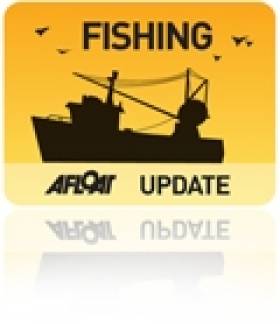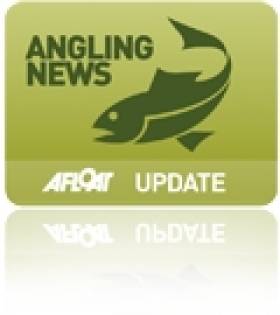Displaying items by tag: National Implementation Group
Pest Control at Salmon Farms 'Insufficient'
Scientists have expressed disappointment after the publication of a report into strategies for improved pest control in Ireland's salmon farms.
According to The Irish Times, experts from Inland Fisheries Ireland (IFI) said the findings of the National Implementation Group were "insufficient to protect wild salmon and sea trout".
The report highlighted failures among a number of sites in the west of Ireland in controlling sea lice during the crucial spring period.
IFI says it is "a matter of priority" to review the location of salmon farms to ensure the protection of wild salmon and sea trout "while also meeting the needs of the commercial fish farm sector".
Vigilance Urged Over Salmon Lice
Salmon farmers have been reminded of the dangers of egg-bearing lice, despite a "sustained reduction" in their numbers according to a new report.
"Pest control will always remain a challenge requiring active management," said Minister of State for Fisheries Sean Connick, as quoted by The Irish Times.
The minister spoke at the launch of a report by the National Implementation Group (NIG) for improving pest control in Ireland's salmon farms.
The report noted that the majority of facilities maintained lice level below trigger levels for treatment, and where treatment was necessary it was conducted effectively.
In response to the report, Salmon Watch Ireland (SWI) claims that the risks to wild salmonids "by inadequately regulated salmon farming" are being ignored, threatening juvenile salmon and sea trout.
It also highlighted the fact that Ireland is being pushed by the European Commission to conform salmon farming to EU Habitats Directive standards for wild salmon.
"The reality is that the regulation of the salmon farming industry is a shambles," said the SWI in a statement.
The Irish Times has more on the story HERE.































































